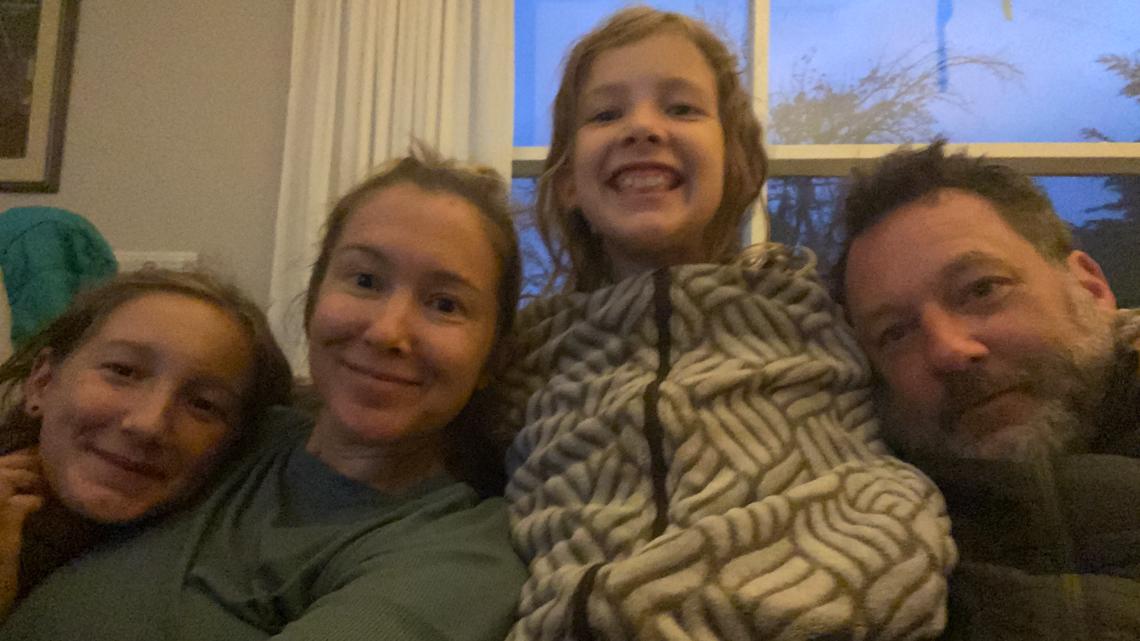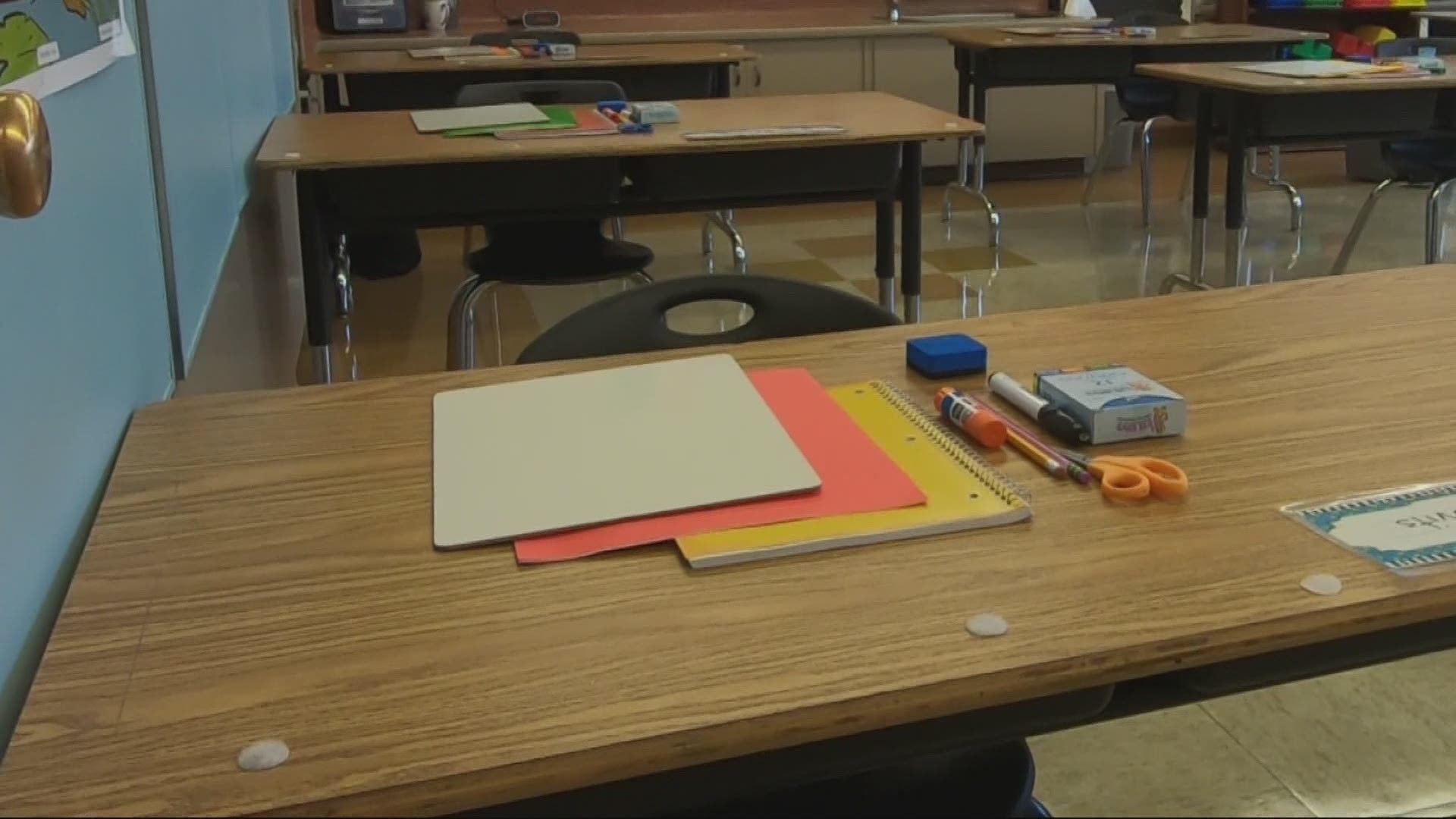PORTLAND, Ore. — As many Portland-area schools get ready to transition to hybrid, in-person instruction, parents are starting to get their kids ready for the change. So KGW decided to compile some tips to help parents and students with the transition.
Kathyrn Schmidt is mom to her two daughters, Ellery, who is 13 years old, and Merritt, who is 10.
Both of Schmidt’s daughters attend school in the Portland Public School District and plan to participate in hybrid learning.
She said before the pandemic, her youngest daughter was outgoing and engaged in school. But school has been tougher on her in the pandemic. Schmidt said her 10-year-old has become more shy and is not so much the high-achieving student she used to be. That’s why she and her kids are excited for the opportunity to start hybrid learning.
“We are thrilled. She is thrilled," said Schmidt. "She really misses the in-person with her teacher specifically, that component of just having that in-person experience."


As parents like Schmidt get ready to send their kids back to school, there are a lot of things to start thinking about.
In fact, the Centers for Disease Control and Prevention (CDC) came up with a four-page checklist for parents. It has many suggestions on how parents should prepare their kids for hybrid. The checklist includes things like how parents should talk about safety measures at school, deal with mental health issues and other things to think about before sending their child to class.
One suggestion listed is to develop a daily routine, something licensed educational psychologist Dr. Tere Linzey also recommends.
“Everything in the brain is practice, so rehearsing with their children is going to be really important,” said Linzey. She is the author of the book "Measuring Up!" and is also the founder of BrainMatterZ, a program meant to help retrain the brain for kids trying to improve attention, focus, memory and other skills related to brain function.
By "practice" and "rehearsing," Linzey means before hybrid learning begins, parents should do things like get clothes and lunch ready the night before and start waking their kids up with an alarm clock at the same time they’d have to wake up for school.
When it comes to mental health, Linzey said a good idea is to ask kids how they’re doing. They may be anxious or stressed out about the unknowns. The CDC checklist mentions knowing who to contact at school for mental health help.
“It’s going to be really important for a parent to have a mental health provider on your phone in the same way you’ve got a doctor, dentist,” Linzey said.
Another thing to consider is to talk to children about what to expect at school like the rules and changes they’ll see. Linzey said it’s important to explain why those changes are necessary.
“Once the kids know the 'why' they can get on board, and we need them to buy in,” she said.
Of course, school districts are also asking parents to monitor kids so they don’t show up to school with symptoms.
The CDC checklist also says parents should make sure their contact information with the school is up-to-date in case the school has to call a parent to pick up their child.
In addition, Linzey said parents should discuss what to do in certain situations. For instance, what should kids do if one of their friends wants a hug?
“Remember you can’t do that,” said Schmidt to her kids.
“And they look at me like, of course."
She’s already been having those types of conversations with her kids, but doesn’t anticipate that there will be any issues.
“They’ve waited for so long that they would, I think would, adhere to almost any rule put in front of them if it means they get a couple hours of interaction,” Schmidt said.
She said usually around this time of the year, her kids would be excited for summer. But this year, it’s different. They’re excited for next school year, when they hope school will look more like it used to.
Linzey said, as an educational psychologist who regularly conducts cognitive testing for kids in both public and private schools, she’s seen visual processing speed and attention impacted throughout the year. She suggests parents start considering a summer program that will keep their child’s brain active over the summer so they’re ready for next fall.

